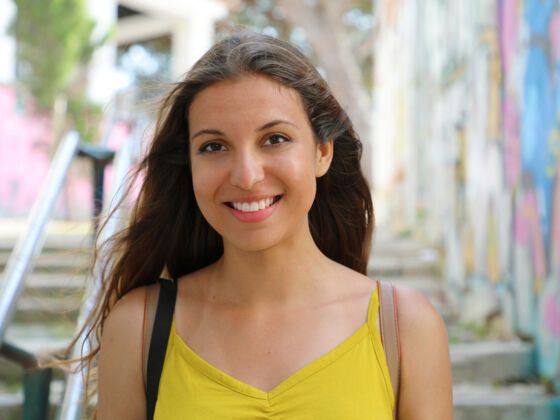1. You don’t have friends. You have panas.
You also use the term mi costilla (“my rib”) because your friends are a part of you and you love them from the bottom of your heart. This is the kind of friend who comes to your rescue after you’ve had a traffic accident, checks up on you when you’re sick, and paid for lunch that month you were completely broke.
